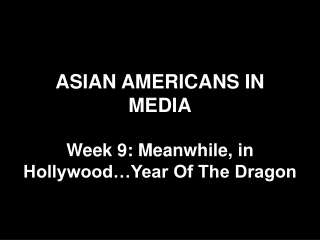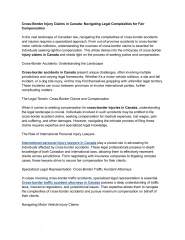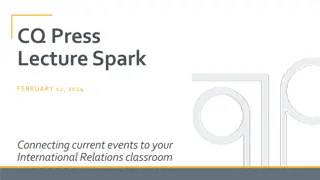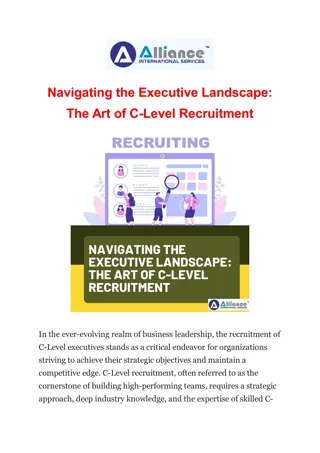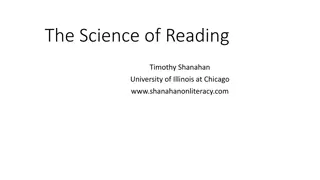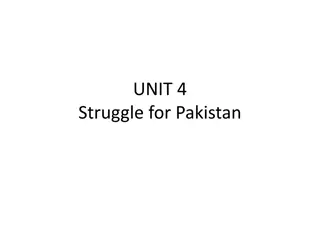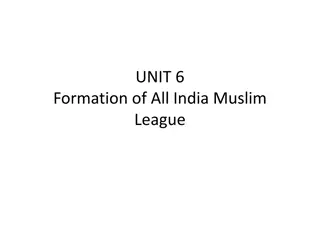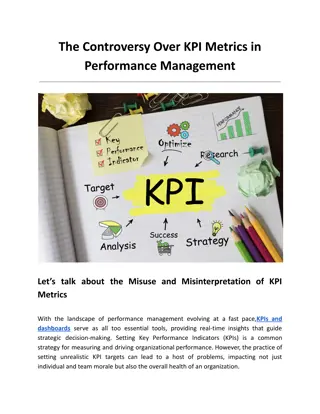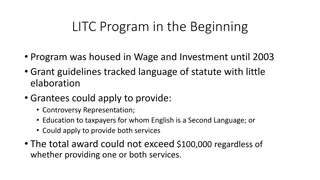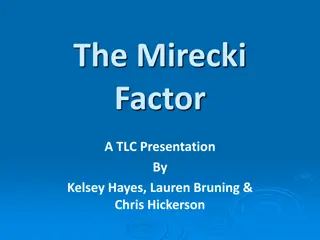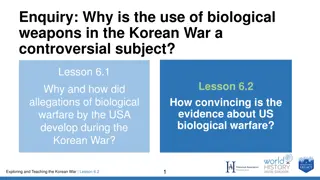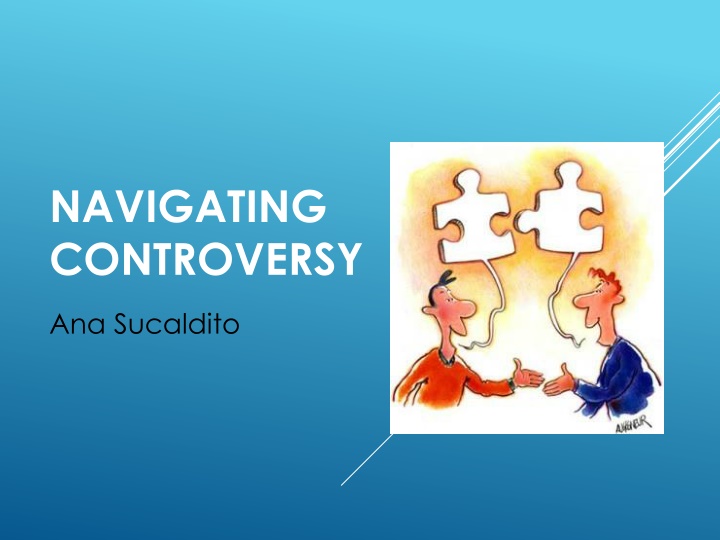
Navigating Controversy and Dialogue: Essential Tips for Respectful Disagreements
Explore the nuances of controversy, dialogue, and triggering situations with helpful insights on fostering respectful disagreements. Learn about triggers, possible responses, and considerate approaches to handling challenging scenarios in this informative content.
Download Presentation

Please find below an Image/Link to download the presentation.
The content on the website is provided AS IS for your information and personal use only. It may not be sold, licensed, or shared on other websites without obtaining consent from the author. If you encounter any issues during the download, it is possible that the publisher has removed the file from their server.
You are allowed to download the files provided on this website for personal or commercial use, subject to the condition that they are used lawfully. All files are the property of their respective owners.
The content on the website is provided AS IS for your information and personal use only. It may not be sold, licensed, or shared on other websites without obtaining consent from the author.
E N D
Presentation Transcript
NAVIGATING CONTROVERSY Ana Sucaldito
CONTROVERSY What is it? What are respectful ways to disagree? When can you disagree? Are you allowed to?
DEBATE, DIALOGUE, DISCUSSION Debate Discussion Dialogue!
DIALOGUE Suspend Judgment Listen Inquire Explore Assumptions and don t assume
HOW DO YOU FOSTER DIALOGUE? Safe space vs. brave space Use I statements Don t assume that you know someone s opinion/life/how their feeling/viewpoint Be aware of your triggers
WHATS A TRIGGER? Definition: something that an individual/organization/policy says or does that makes you feel diminished, offended, threatened, stereotyped, discounted, or attacked
POSSIBLE RESPONSES Leaving, avoidance, denial, attack, shock, discussion, confrontation, confusion, discretion, etc.
CONSIDER THE FOLLOWING QUESTIONS Could this be a controversial situation? A triggering situation? If so, do you think the trigger was intentional? How might the triggered individual respond? What options do they have?
SCENARIO #1 Jonathon has had a rough transition into college and has recently been feeling incredibly anxious. He confides to his friend, Katie, that he s thinking of going to Counseling and Consultation Services to talk. Katie responds You re going there? That s for people with real issues. Come work out with me instead it ll keep your mind busy and help you get over it.
SCENARIO #2 A follow student belittles your choice to be pre-med class. They claim that you re wasting your time because most pre-med students take another tract later once they figure out what they really want to do, instead of what their parents expect.
SCENARIO #3 You re walking across the oval when you see a gathering/protest (ex. graphic surgery pictures on the oval of late term abortions, a religious group preaching about atheism and same sex marriage, etc). You try to walk around, but the protesters approach you, give you papers describing their beliefs, and begin passionately explaining their viewpoints.
SCENARIO #4 Your classmate is super excited to be presenting in the Denman Research Forum! When the professor asks what the project is about, the class learns that your classmate has been researching the relationship between pictures and text in children s literature for the past year and a half, working on the project throughout the school year and even in the summer. After the presentation, your professor says, That s nice. Next week, we re going to have students from the URO come and talk about serious research.

